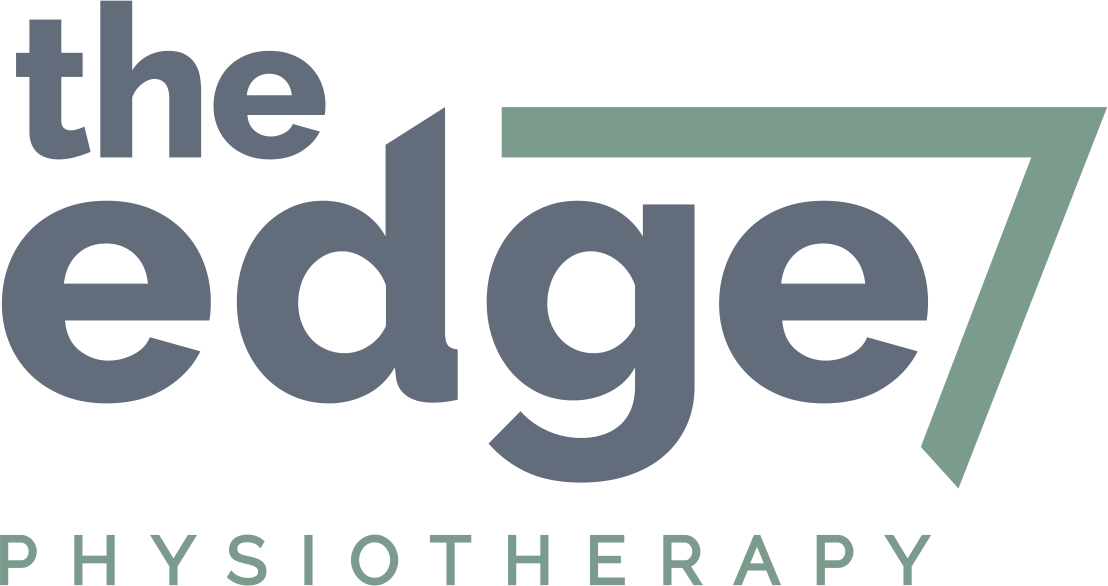Pre-Pointe Assessment?
George Balanchine, master of choreography on pointe once said “there is no reason to get a young dancer up on full pointe if she cannot do anything when she gets there!”. The baby ballerina’s as we know them.
As a former dancer, I was very keen to see if my daughter would love dance as much as I did. So when she was about 2.5yrs old I took her to her first ballet class. Was it everything I had hoped it would be? sadly no, she didn’t take to it as I had hoped she would, instead she cuddled up to my side and watched. But that’s okay, because in that moment, we could still experience something lovely together. Have my hopes for pointe work been dashed already? well no, because I have at least another 10 years to go before considering this for my daughter.
The beginning of pointe work is an exciting time in a dancers career requiring thoughtful preparation. Pointe assessment enables successful transition to more advanced classical training especially given the great demands this art form has on the human body. It is important to have an assessment with a qualified dance physiotherapist who has experience treating ballet dancers. They will help with this process and will collaborate with parents, the student and the school to enable a safe and successful transition to Pointe work.
In the meantime, I will continue to see and treat pre and post pointe work ballerinas, and other dancers as well, after all, my favourite style was contemporary and that didn’t need pointe shoes. I am here to answer any questions you may have whether it be dance or non-dance related for you and your children.
All the best
Sam

